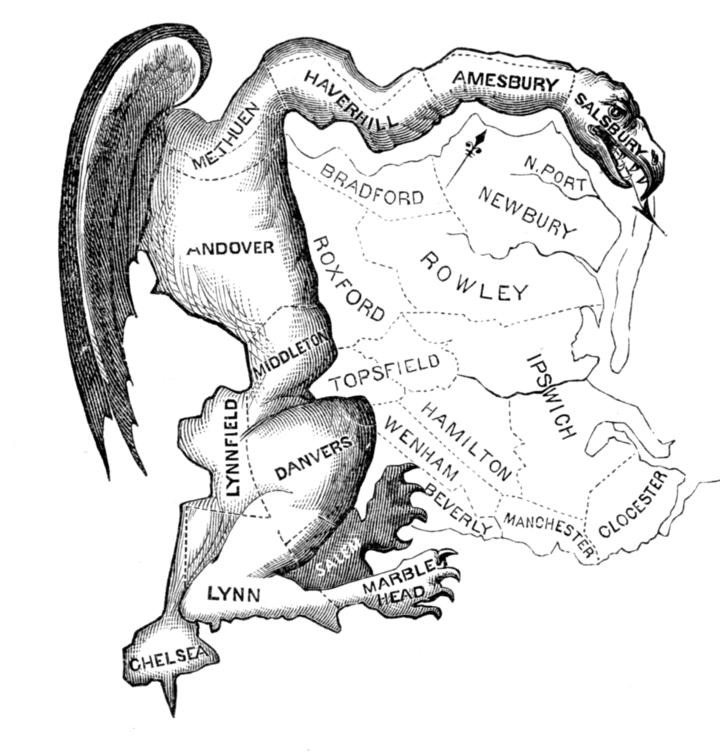Virginia Policy Review 101 Assessing Congress’s Role in Human Rights Policy: What is the Fate of Human Rights with a Populist Presidency? By Hannah Gavin, Advised by Professor Gerry Warburg The United States Congress led the push to incorporate human rights standards into U.S. diplomacy, trade, and foreign aid practices as a response to the abuse of executive authority in the 1970s from the Vietnam War and the Watergate Scandal. The legislative branch leveraged its constitutional powers of the purse and power to declare war so that the U.S. could use its influence to be a force for good in the world. This paper will explore the evolution of Congress and human rights. Congress legislated itself the ability to promote international human rights in the 1970s in the context of other congressional reforms to give it greater authority in foreign policy, the budget process, and international trade. It wrote laws committing the U.S. to combatting genocide, prohibiting military funding to countries that commit human rights abuses, and making foreign aid conditional on countries making efforts toward democratic reform and improving human rights practices. A frustrated Congress, unable to press the executive branch on the Vietnam War policy, resorted to cutting off funding for the Vietnam war through the appropriations to finally bring it to an end. From anti-war protests to the feminist movements, American society in the 1970s was pushing the government for change toward greater respect of individuals. From a man-made famine in Yemen, bombing of civilian infrastructure in Syria, ethnic cleansing in Burma, concentration camps in China, and an unprecedented refugee crisis in Venezuela — today, there is no shortage of human rights violations on Congress’s radar. With the strongest military, economy, and diplomatic influence in the world, why does the U.S. government often achieve so little when it has the power to do so much more? In the age of a populist presidency and growing populist sentiments around the world, commitment to a human rights-centric foreign policy in the U.S. is vital for ensuring global security and prosperity. Following institutionalization of human rights standards at the international level following World War II with the establishment of the United Nations (UN) in 1945 and the Universal Declaration of Human Rights (UDHR) in 1948, Capitol Hill took the lead in ensuring the U.S. was a major player in trying to uphold these new standards, especially throughout the 1970s and 1980s. Today, Congress continues to battle the executive branch to incorporate human rights into U.S. foreign policy, but it has achieved limited success. Authoritarian leaders remain willing to inflict the highest costs on their civilians, inflicting political and ethnic violence in nearly every corner of the globe. This reality requires a new examination of what today’s Congress can learn from the past and can do in the future to uphold international human rights.
Virginia Policy Review, Volume XIII Issue I

Issuu converts static files into: digital portfolios, online yearbooks, online catalogs, digital photo albums and more. Sign up and create your flipbook.


